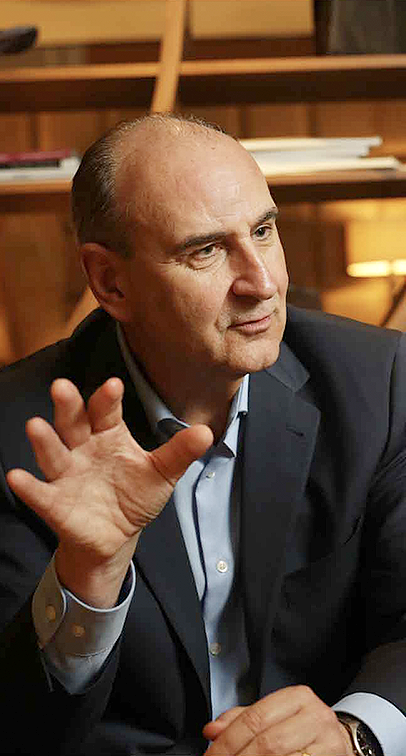THE WORLD’S #1 EXECUTIVE COACHING AND BUSINESS COACHING BLOG SINCE 2017.
Times When Leaders Are Especially Needed
December 19, 2022 | Category: Blog, Intelligent Leadership
Intelligent leaders do more than act as good stewards for their organizations by ensuring they use their resources efficiently. Leaders inspire, encourage, build trust, and boost morale. They act as mentors to other and they empower employees. They build organizational cultures that act as incubators for the next generation of intelligent leaders.
We can define leadership in dry, academic terms as a management function that facilitates the efficient use of the resources of an organization to reach a well-defined goal, and we wouldn’t be wrong.
Leadership coaching experts know, however, that leadership is more than that. Leaders take people where they can’t go by themselves. They open perspectives, motivate, empower, and engage. Leaders create clarity of purpose and offer guidance. They make things happen on the organizational and individual levels.
Leaders inspire.
Leadership coaching focuses on unleashing the full potential of leadership and of those who practice it. Coaches know that while intelligent leadership is always a precious commodity, some people may need it more than others.
When do we need leadership the most?
Creating a Purpose
Teams and organizations cannot function without purpose. Leaders are in the best positions to set purposes for their teams. They understand them, then communicating these purposes to all stakeholders.
In addition to setting goals and clarifying expectations, leaders motivate teams and provide the support they need to achieve goals. Support includes clarifying roles for team members and creating environments that allow and encourage people to do their best.
Setting Values
Organizational values define frameworks for employees that act as general, overarching sets of guidelines to shape behavior. These values tell employees how to react to unexpected events, handle certain situations, and how organizations expect them to behave with third parties.
It’s a leader’s duty to model these values and the behaviors that underpin them. Executive coaching stresses the importance of leading by example. When leaders do this, they sow trust among the employee ranks while reinforcing the strength and impact of organizational values.
Honesty, accountability, and responsibility are three core values every organization should observe.
Empowering Employees and Encouraging Creativity
Employee empowerment and engagement are the primary prerequisites of employee happiness and retention. Leaders are responsible for empowering employees by delegating work to them and allowing them the freedom to devise solutions.
Empowerment does not exist without intelligent leadership. Leaders know what to delegate and to whom. They also know which part of the work they can handle themselves.
Passion and Decision-Making
Passion allows leaders to chase their visions with perseverance and commitment. At the same time, passion rubs off on employees, allowing them to feed off the energy of their leaders.
Leaders who consistently bring passion and empower their employees lead happy and committed workforces that accomplish their goals in alignment with the values of their organizations.
Leaders make decisions, and their teams need them to make optimal decisions consistently. Intelligent leadership shines in times of strife and crisis. During such times, people need their leaders to find directions and provide guidance.
Guidance and Commitment
Once they know what they have to do, where they’re going, and what values they must observe, employees should become more efficient and effective. They still need guidance from their leaders, however. Leaders must ensure the efforts of employees align with the goals of their organizations and don’t go to waste.
Mature, intelligent leaders display an ironclad commitment to the long-term goals of their organizations. This way, they inspire employees to buy into the mission and assume psychological ownership of its goals and aspirations.
Morale and Coordination
Intelligent leaders understand trust is the currency of leadership. As they build trust, they boost the morale of employees by displaying confidence in their abilities to fulfill the envisioned purpose of an organization.
High morale is always good news.
High morale boosts productivity, reducing distractions and motivating employees.
Business coaching understands the need for balance between the personal interests of employees and organizational objectives. Intelligent leaders know they must forge an environment where employees can pursue their personal goals while achieving organizational objectives.
Business coaching understands and appreciates the power of leadership. Organizations cannot survive, grow, or thrive without intelligent, forward-looking leadership.






